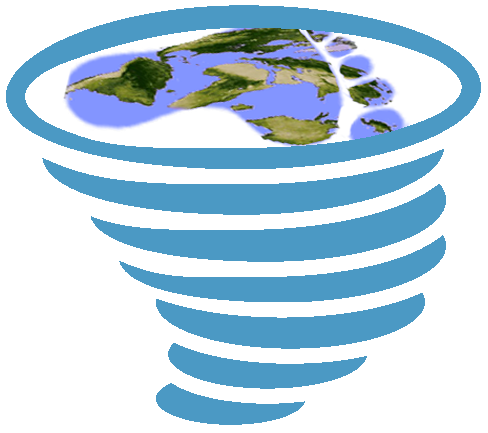
In the Northern Hemisphere in 2017 and 2018 brought several destructive hurricanes to the shores of North America, the Caribbean, and throughout the Pacific rim. Such extreme weather events are predicted to get more common and more severe with increasing climate change.
Several participating classes in the ISCFC were or are in the path of these storms and we hope for the best for them, their families and communities.
We would love to hear from students affected directly and indirectly by extreme weather events, and also any students who have been following the news this summer.
What are your thoughts about the connection between climate change and extreme weather events? Has this hurricane season increased your concern about climate change or not? Do you think that US citizens and residents (and others in the region) will take climate change more seriously now?
Extreme Weather >
Extreme Weather

Our thoughts about the connection between climate change and extreme weather events are that scientists use a combination of climate models and land, air, sea, and space-based observations to research how extreme weather events change over time. First, scientists examine historical records to determine the frequency and intensity of past events. Many of these long-term records date back to the 1950s, though some start in the 1800s. Then scientists use climate models to see if the number or strength of these events is changing, or will change, due to increasing greenhouse gasses when compared to what has happened historically. As Earth’s climate changes, it is impacting extreme weather across the planet. Record-breaking heat waves on land and in the ocean, drenching rains, severe floods, years-long droughts, extreme wildfires, and widespread flooding during hurricanes are all becoming more frequent and more intense. Climate change continues to expose more of the global population to more frequent and severe extreme weather events. Recent research shows that these changes in extreme weather have not, as yet, consistently motivated changes in opinions about climate change or changes in climate-related behavior. Extreme weather may reinforce opinions among people who are already worried about climate change, yet be misattributed or misperceived by those who are unconcerned. However, the characteristics and severity of personal experience may influence its impacts on climate opinions. Future research should consider appropriate research designs, such as matching or panel data, to disentangle the effects of experience from other factors, while also respecting ethical considerations for research among disaster survivors. As the impacts of climate change become increasingly evident at the local level, it becomes increasingly important to understand how these experiences interact with other factors to shape mitigation and adaptation decisions. Human activity is causing rapid changes to our global climate that are contributing to extreme weather conditions. When fossil fuels are burned for electricity, heat, and transportation, carbon dioxide, a greenhouse gas that traps solar radiation, is released into our atmosphere. Long-term changes in climate can directly or indirectly affect many aspects of society in potentially disruptive ways. For example, warmer average temperatures could increase air conditioning costs and affect the spread of diseases like Lyme disease, but could also improve conditions for growing some crops. More extreme variations in weather are also a threat to society. More frequent and intense extreme heat events can increase illnesses and deaths, especially among vulnerable populations, and damage some crops. While increased precipitation can replenish water supplies and support agriculture, intense storms can damage property, cause loss of life and population displacement, and temporarily disrupt essential services such as transportation, telecommunications, energy, and water supplies.
https://science.nasa.gov/climate-change … e-weather/
https://www.sciencedirect.com/science/article
https://earthjustice.org/feature/how-cl … me-weather





